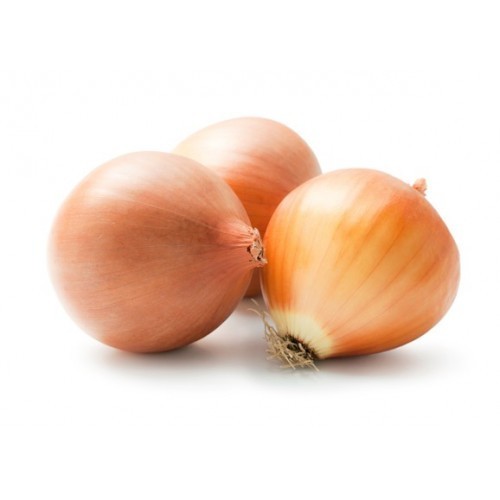Description
Origin:
Onions are believed to have originated in central Asia, possibly in modern-day Iran and Pakistan. They have been cultivated for thousands of years and are now grown worldwide. Onions have been used as a food source and in traditional medicine for thousands of years.
They come in various colors, including red, yellow, white, and green, each with slightly different flavors and uses.
Onions are known to make people cry due to the release of a sulfur-containing gas when they are cut.
Other Names:
Yoruba: Alubosa
Igbo: Yabasi
Hausa: Albasa
Swahili: Kitunguu
Health Benefits:
Rich in antioxidants, particularly quercetin, which helps reduce inflammation and boost the immune system.
Contains sulfur compounds that may lower cholesterol levels and improve heart health.
Provides vitamin C, which supports skin health and immunity.
May have antibacterial and antifungal properties.
Nutritional Information (per 100g):
Calories: 40 kcal
Carbohydrates: 9.3 g
Sugars: 4.2 g
Fiber: 1.7 g
Protein: 1.1 g
Fat: 0.1 g
Vitamin C: 7.4 mg (12% of Daily Value)
Fun Fact: Did you know?
Slicing onions makes most of us cry, but why? The reason is that cutting into it releases sulfuric acid, which reacts with the moisture in our eyes to create a tearful reaction. One way to avoid this unfortunate byproduct of slicing onions is to cut them under running water, or while submerged in a basin of water.
Uses:
Used as a base in cooking for soups, stews, and sauces.
Eaten raw in salads and sandwiches for added flavor and crunch.
Caramelized or sautéed as a side dish or topping.
Recipes & Videos:
International Recipe: French Onion SoupVideo: How to Make French Onion Soup
Local Recipe: Nigerian Onion StewVideo: Nigerian Onion Stew Recipe

 Cart is empty
Cart is empty 










Reviews
There are no reviews yet